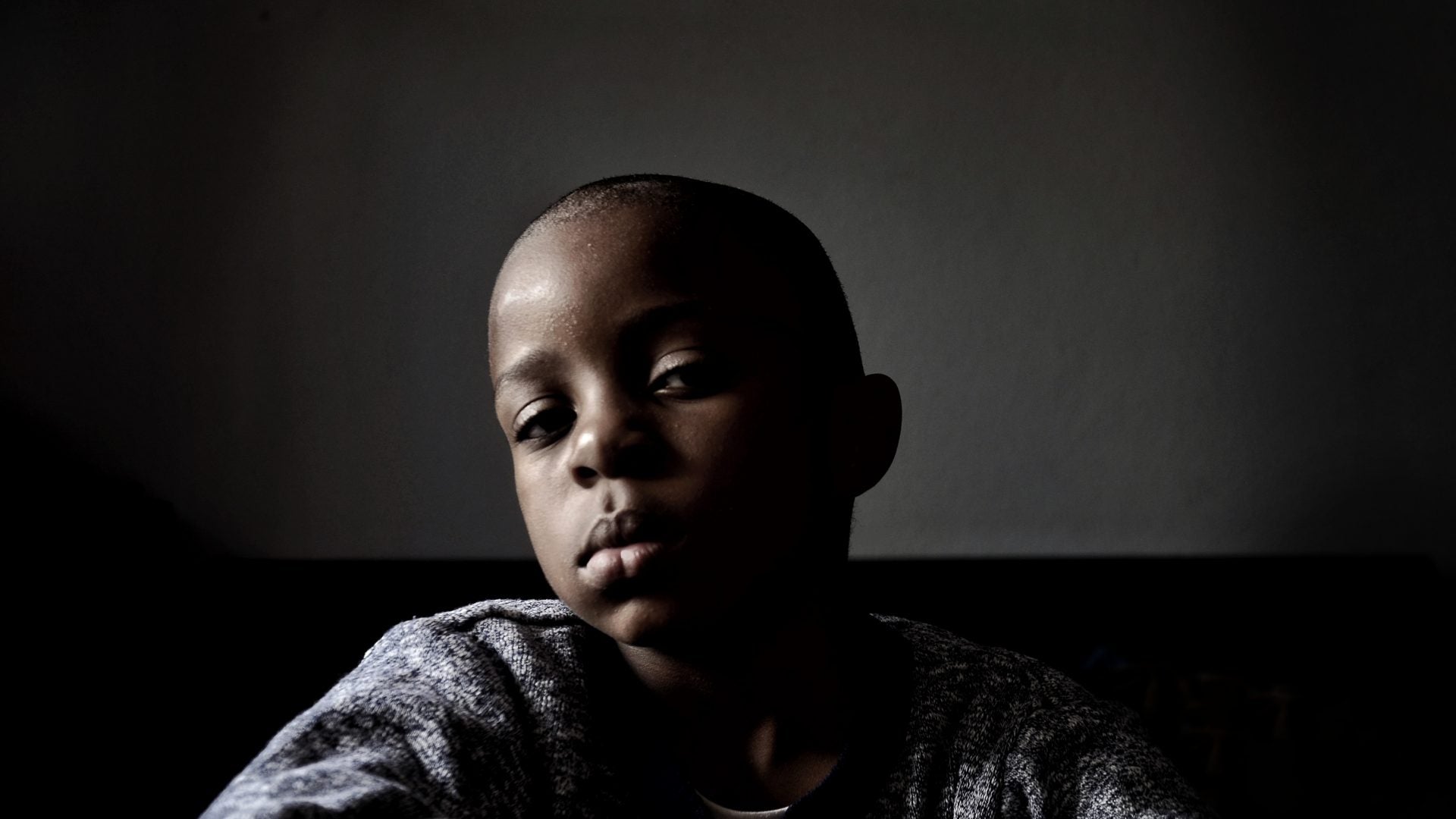
A Georgia mother has been incarcerated for taking her son to an Atlanta hospital and leaving him there because she was allegedly overwhelmed, Fox5Atlanta reports.
Diana Elliott, 37, was captured on surveillance Dec. 4 walking her 14-year old son (whom ESSENCE is declining to name because he is a minor), into Atlanta’s Grady Memorial Hospital. Elliot did not speak with hospital staff, nor check-in. The child was discovered outside of the hospital several hours later. According to police, the teen is unable to respond to verbal or written communication.
Police asked for assistance identifying the boy and, on Wednesday morning, authorities arrested Elliot at a DeKalb County hotel. According to Fox5, she told police that she was overwhelmed by taking care of her son, in addition to her three other children.
The child is now in the custody of Georgia’s Division of Family and Child Services.
The Bigger Picture
Black American women too often struggle alone at the intersection of race, gender and class, labeled bad mothers and locked in cages without their humanity ever being acknowledged.
Even though there are multiple blaring headlines accusing Elliot of abandoning her child—whom CBS46.com stripped of his innocence and youth, as media and law enforcement often do, by referring to him as a man—she did not say that she no longer wanted her child. She did not say that she no longer loved her child.
Elliot said that she was overwhelmed. In a state where access to reproductive justice is a constant war, where 21 percent of Black and Latina women live in poverty, compared to 11 percent of white women, where women like Elliot are not offered the resources and support that they need, and subsequently, vilified by the system that neglected them in the first place, she said that she was overwhelmed.
So, what happens now? What happens to Elliot and her other children now that their mother has been locked away? What happens now that her teen son has been funneled into a system where he is more likely to be abused and/or neglected than he was in danger of being abducted by a stranger at the park?
What happens now?
According to an essay written by Professor Dorothy Roberts, author of Shattered Bonds: The Color of Child Welfare, Black children are more likely to be taken from their mothers than white children.
“Black children in the child welfare system are placed in foster care at twice the rate for white children [according to federal statistics],” Roberts writes. “A national study of child protective services by the U.S. Department of Health and Human Services reported that ‘minority children, and in particular African-American children, are more likely to be in foster care placement than receive in-home services, even when they have the same problems and characteristics as white children…And once removed from their homes, black children remain in foster care longer, are moved more often, receive fewer services, and are less likely to be either returned home or adopted than any other children.”
According to a 2018 report from the Appeal, “Once in foster care, Black children generally receive inferior services and are kept out of their homes for longer periods of time than their white counterparts. Black parents are also subjected to termination of parental rights at higher rates than white parents…studies have found that doctors are more likely to report injuries on Black children as suspected child abuse than identical injuries on white children. Still, other studies have found that caseworkers are quicker to perceive Black children as being at risk and in need of removal from their homes.”
This is how the pathologizing of Black motherhood, and to a broader degree, Black parenthood leads to punitive practices that destroy instead of build—that kill instead of heal.
The only assumption that can justifiably be made in this situation without knowing more details—the only one—is that Elliot was trying to do what she felt was best for her children. It is this nation’s violent shame that we live in a carceral state more committed to tearing Black families apart than empowering them to remain whole.
